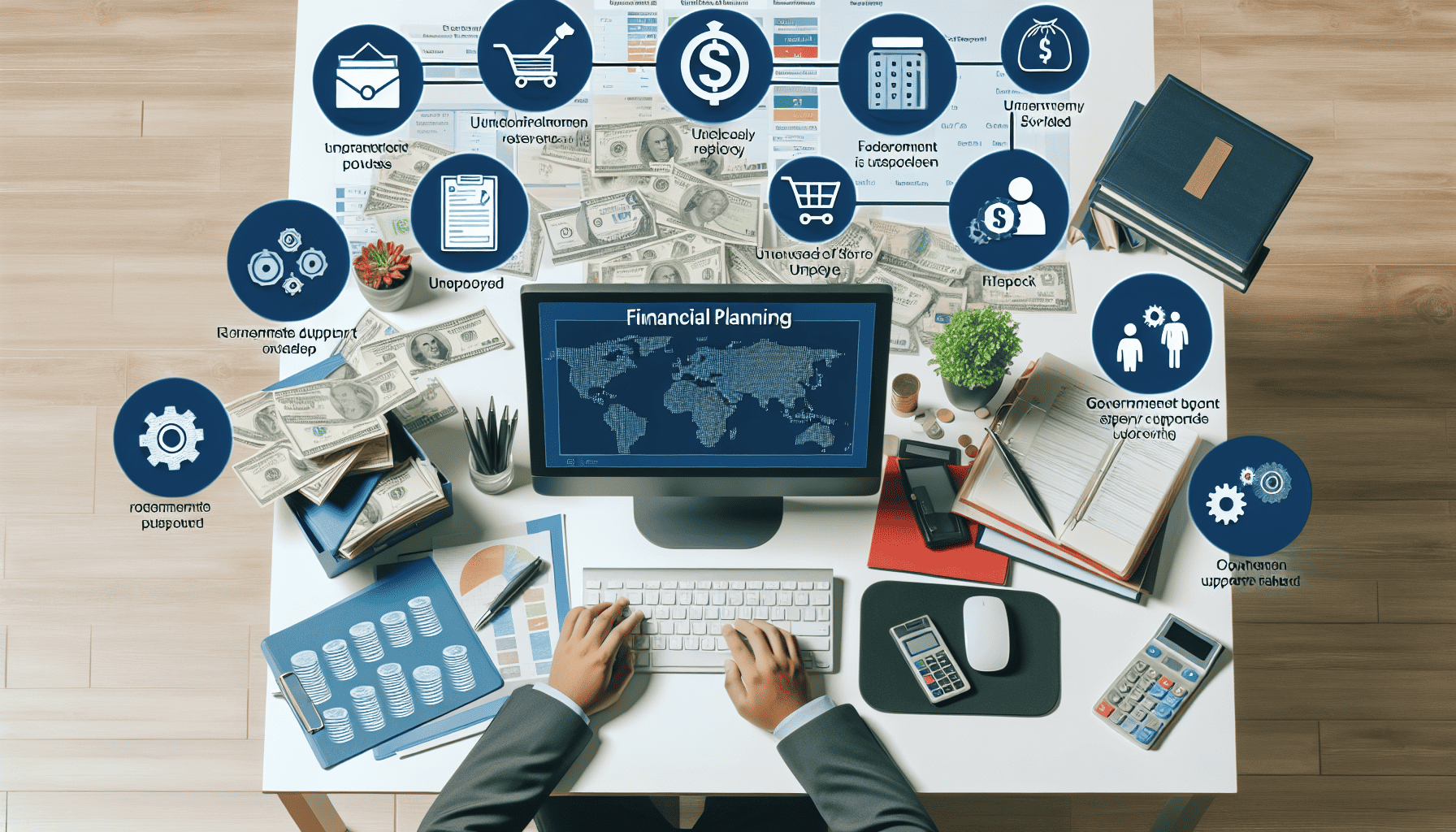Navigating through a period of unemployment can be challenging, but with strategic financial planning, you can manage your finances effectively and secure your future. The key is to make informed decisions that will sustain you through this transitional phase and prepare you for the opportunities ahead.
First and foremost, assess your current financial situation. This involves understanding all sources of income available, such as severance pay, unemployment benefits, or income from part-time jobs. Compile a detailed list of your expenses, differentiating between essential and non-essential spending. This will help you identify areas where you can reduce expenditures, freeing up cash flow for critical needs.
Next, prioritize your expenses. Essential bills such as housing, utilities, groceries, and healthcare should be at the top of your list. If you're struggling to meet these necessities, consider reaching out to service providers to discuss flexible payment options or discounts. Many companies offer plans for those faced with financial hardship.
Building a budget is crucial during unemployment. Establish a monthly budget based on your adjusted income and prioritized expenses. While it may be necessary to make sacrifices in non-essential areas, remember that this is a temporary measure to maintain financial stability during unemployment. Stick to your budget to avoid any unwarranted financial strain.
Another significant step is preserving your savings. If you have an emergency fund, use it judiciously and aim to minimize withdrawals unless absolutely necessary. It's important to maintain savings for unexpected expenses that might arise during this time. Simultaneously, avoid accumulating new debt; additional financial burdens can complicate your situation further.
Consider exploring alternative income streams. This could include freelance work, consulting, or monetizing a hobby. Not only can this provide supplementary income, but it may also open doors to new career opportunities or a potential pivot in your professional life.
Finally, stay informed and proactive. Regularly update your skills and knowledge to remain competitive in the job market. This could mean taking online courses, attending workshops, or networking within your industry. The time spent enhancing your skills will ensure you are ready to seize opportunities once they arise.
In conclusion, effective financial planning during unemployment is about making thoughtful, informed choices. By evaluating your financial standing, prioritizing spending, maintaining a budget, preserving savings, and seeking alternative income, you can navigate through this period with confidence and readiness for future opportunities. Remember, unemployment is only a temporary phase and taking proactive steps now will lead to a more secure financial future.
